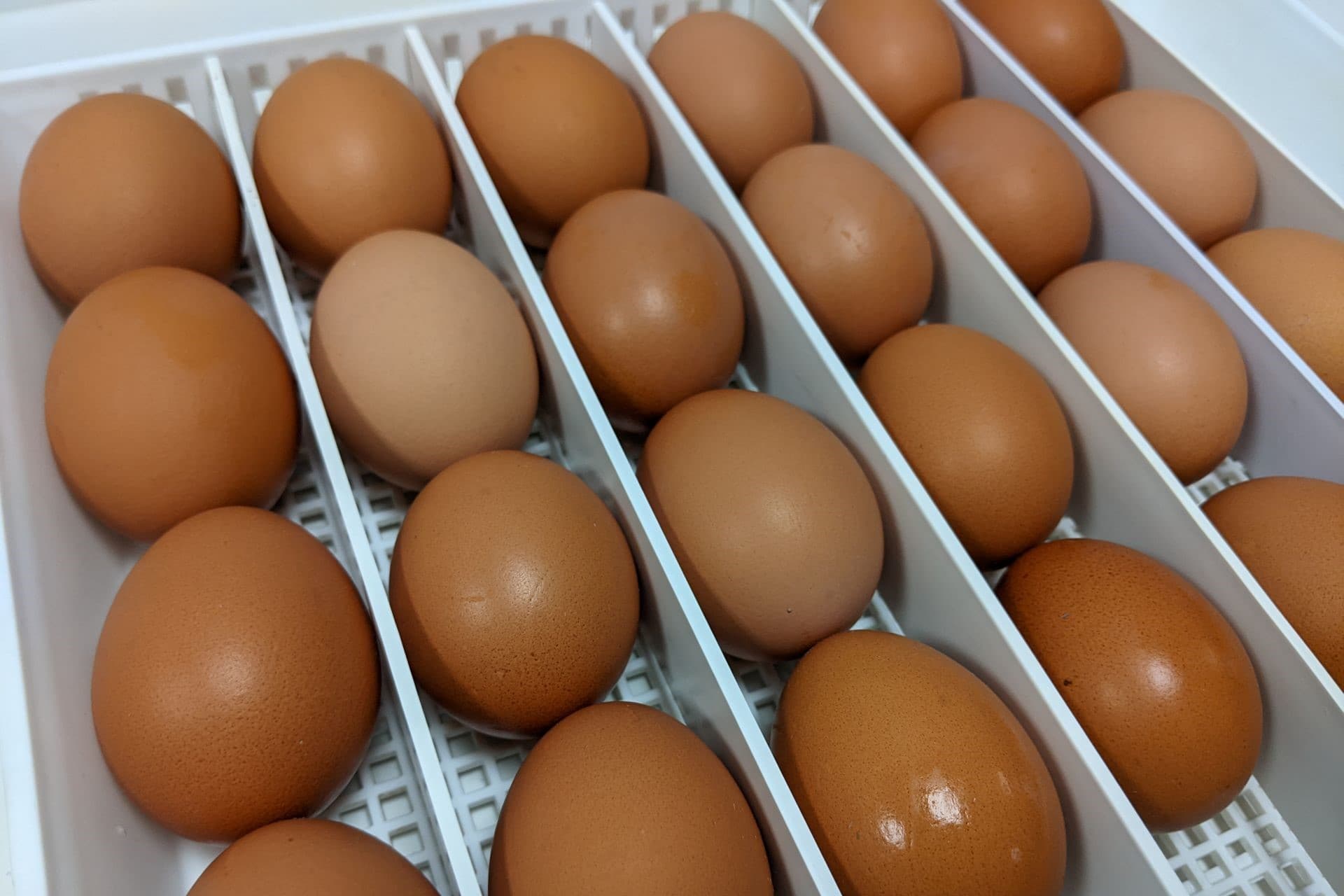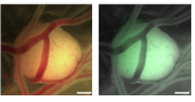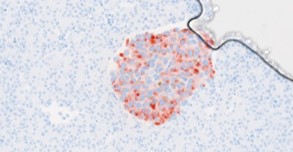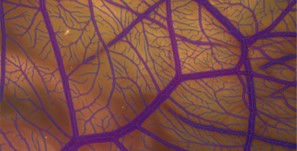
We are experts in chorioallantoic membrane (CAM) xenograft models of cancer cells, including world-leading patient-derived xenografts (PDX) to translate therapeutic approaches and are uniquely adapting multiple preclinical imaging modalities for these models.
The Egg Facility’s equipment and resources are supported by an experienced and knowledgeable technical specialist and renowned academic who can provide guidance on experimental and full project design together with costings.
What you'll receive from our facility
- Our facility houses equipment required for incubation, processing and imaging of eggs
- Our facility staff are available to share their expertise in utilising the chick embryo model for example in generating xenograft models of cancer.
We are also able to offer:
- Planning and study design, including advice on ethical approvals
- Preliminary data generation, figure preparation, data management planning and costings for grant applications
- 1-to-1 or small group training in standard protocols, equipment use and associated software
- Support in creative development of new protocols and models
- Advice on experimental readouts including histology and pre-clinical imaging
- Support in method troubleshooting, analysis and interpretation of results.
Space, equipment and consumables available to perform all stages of egg experiments including:
- Specialised egg incubators providing remotely monitored temperature and humidity-controlled environment
- Two dissection microscopes equipped for acquisition of brightfield and fluorescent (red and green) images
- IKOSA software for analysis of vasculature and angiogenesis studies
- Cell culture facilities for external users
- Class II hood for preparation of patient samples.
Who can use our facilities
- University of Liverpool research active staff and students
- Researchers from other universities or research institutions
- Industrial research partners.
What the Egg Facility can be used for
- Generating CAM xenografts (cell lines, co-cultures or patient-derived tissues) for cancer biology studies and drug efficacy testing
- Irritation, toxicity and biodistribution studies for therapeutic compounds and delivery vehicles
- Angiogenesis studies
- Cancer invasion and metastasis studies.









